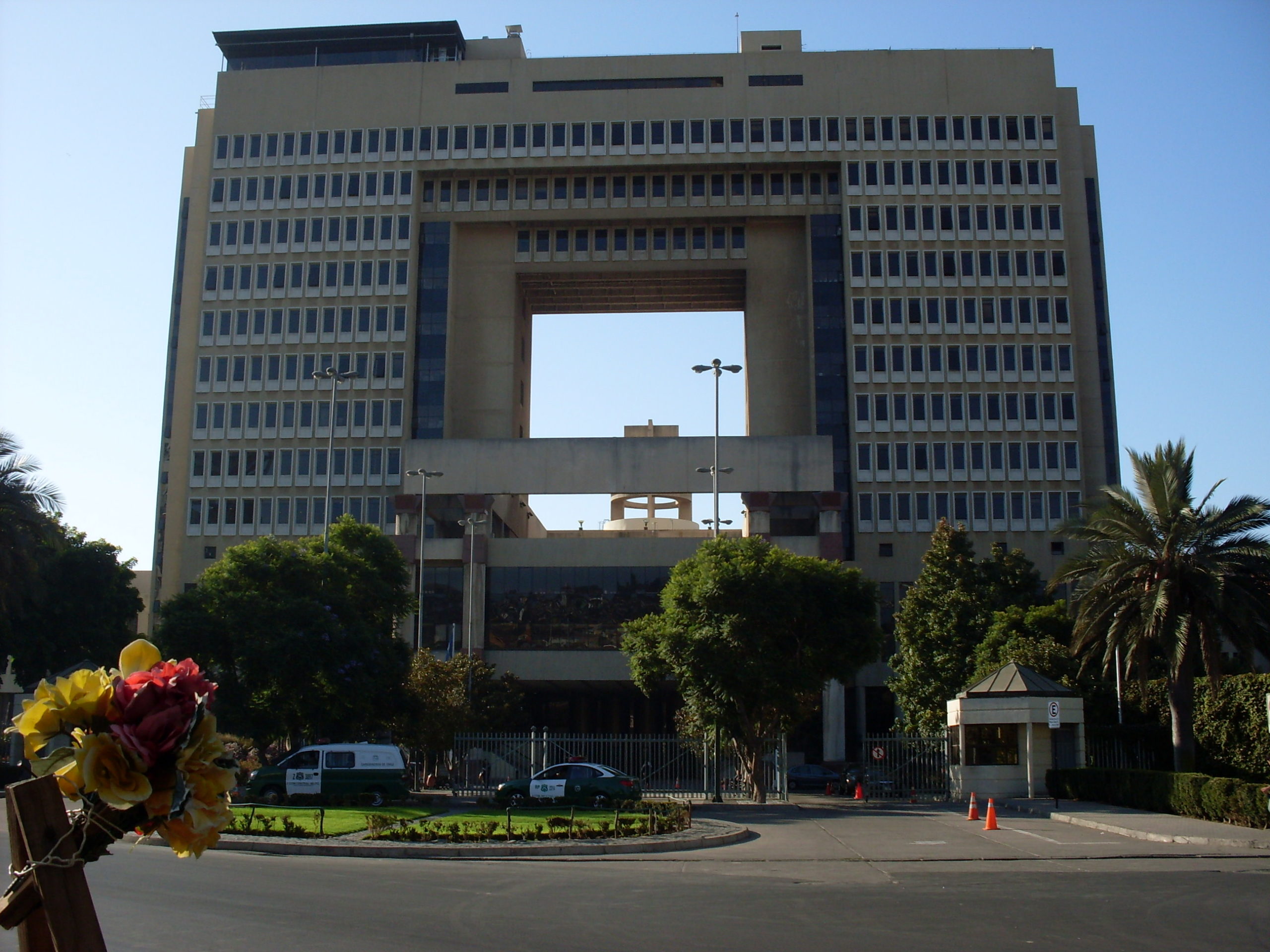RIO DE JANEIRO, BRAZIL – The Chilean Congress began on Wednesday to study three bills to authorize a fourth early withdrawal of private pension funds in the South American country.
The bills began their processing in the Constitution Committee of the Chamber of Deputies, and a long debate is expected until their possible approval.
Read also: Check out our coverage on Chile
The socialist deputy Marcos Ilabaca, president of the Committee, told the press that he estimates that the bills will take about three weeks to be debated before being voted on for the first time in the Lower House, and then they will go through other committees and be submitted to the Senate.

Of the three bills, only one of them, like the three previous ones, limits the withdrawal of pension funds (up to 10%), while the other two propose to withdraw completely the amounts accumulated by the workers.
The withdrawal of private pension funds, imposed for the first time in the world during the dictatorship of Augusto Pinochet (1973-1990), was initially approved in September 2020 as a solution aimed at generating immediate liquidity for thousands of Chilean families affected by the economic crisis derived from the coronavirus pandemic.
Since then, Congress has approved the withdrawal of up to 10% of the private funds accumulated in the Pension Fund Administrators (AFP).
This fourth withdrawal came to the floor even though the government of the conservative Sebastián Piñera agreed to extend until November the Emergency Family Income plan, which benefits 15 of the country’s 19 million inhabitants and involves a fiscal expenditure of some 3 billion dollars a month.
The first withdrawal of funds was requested by 10.9 of the almost 11 million members of the system, who withdrew a total of 19.92 billion dollars.
In the second case, 8.5 million people have requested it so far, with a disbursement equivalent to 16.004 billion dollars. In contrast, the third one has so far benefited 6.7 million citizens, for an amount of 12.760 billion dollars.

